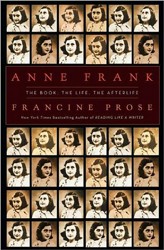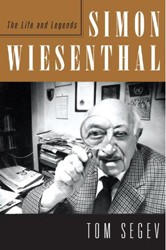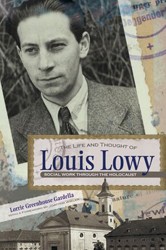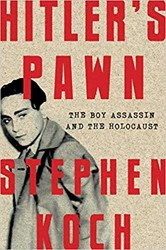This is a story Shakespeare would have loved, full of danger, daring, and artful deceit. Once a hero, its protagonist ends up disgraced. Although it is non-fiction, it has the resonance and immediacy of fine fiction. In “A Note to Readers,” the author explains that she has allowed herself “to reconstruct scenes and dialogue based on the diaries, notes, taped interviews, courtroom testimonies, pretrial interrogations, and memoirs both written and oral,” including more than seventy-five interviews.
Hungarian Jewish activist Rezso Kasztner, a brilliant, self-confident lawyer and journalist, was directly responsible for liberating 1,684 Jews on a train to Switzerland, for the “storage” of others who were kept for trade under better conditions than other inmates, in Birkenau and also in Austria where they worked as laborers. Struggling to save the Hungarian Jews, by the war’s end he had preserved some 100,000 more lives by bargaining with the Nazis, including Adolf Eichman and Kurt Becher, among other officers. This he did by exploiting the Nazi weaknesses of greed and need — “blood for goods.” Kasztner offered money, jewelry, and the promise of war materiel he knew could never be delivered, in exchange for Jewish lives. He and the other activists were able to save only a fraction of their people, as nearly a half million Hungarian Jews were sent to Auschwitz in just a few months. The selection of those who were saved, especially on the train, has haunted Kasztner ever since. After testifying at the Nuremberg Trials, Kasztner and his family emigrated to Israel, where he expected to be welcomed as a hero. Instead, they found tension between settlers and refugees and because Kasztner had to pretend to fraternize with Nazis, he was attacked as a Nazi collaborator. When he charged one of his accusers (a man who was jealous of him back in Hungary) with libel, the judge, who had a political agenda, ruled against him mainly because of the struggle for power between the political parties in Israel. As the author states, “the real Rezso Kasztner [was] an extraordinary man who played a high-stakes game of roulette with the devil. And won in the only game he cared about, that of saving human lives; he achieved more in his way than any other individual in Nazi-occupied Europe. In the end, all he lost was his own life…” Extensive bibliography, index, notes, photographs.





